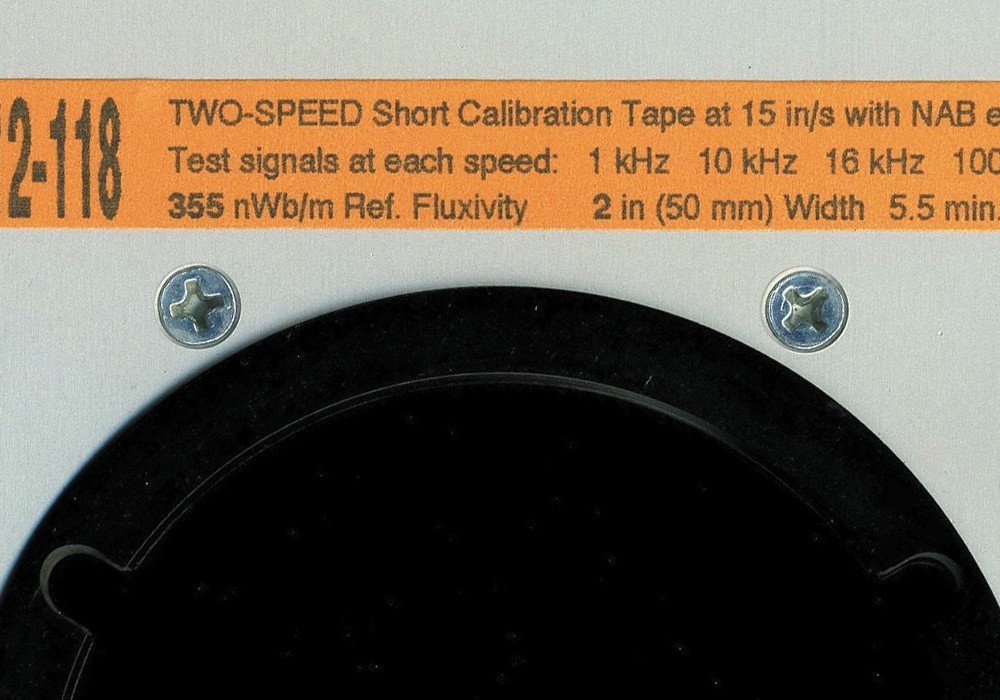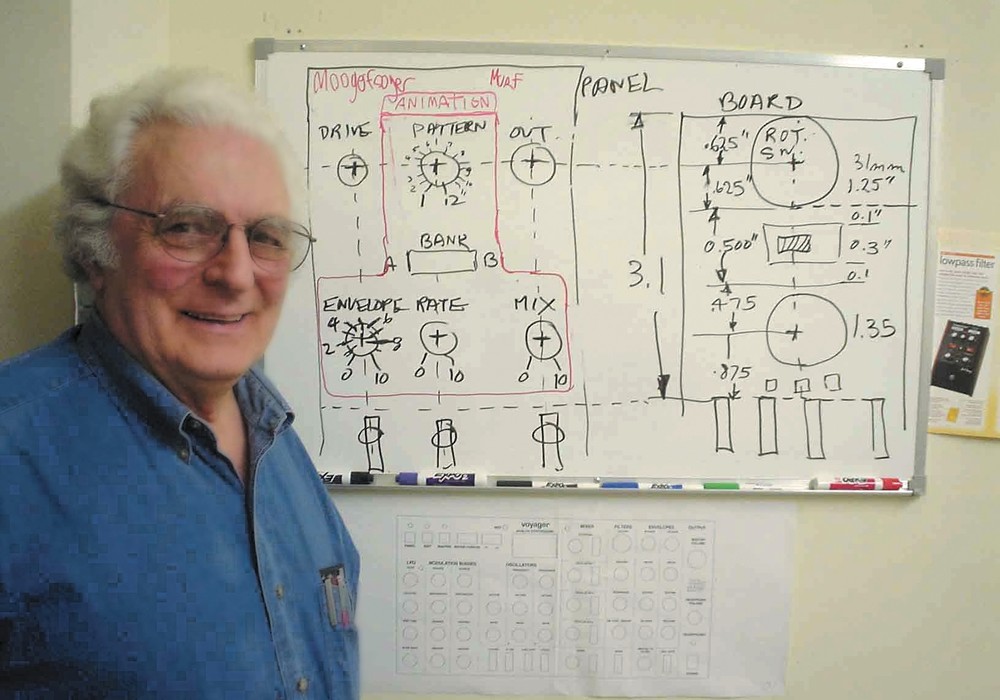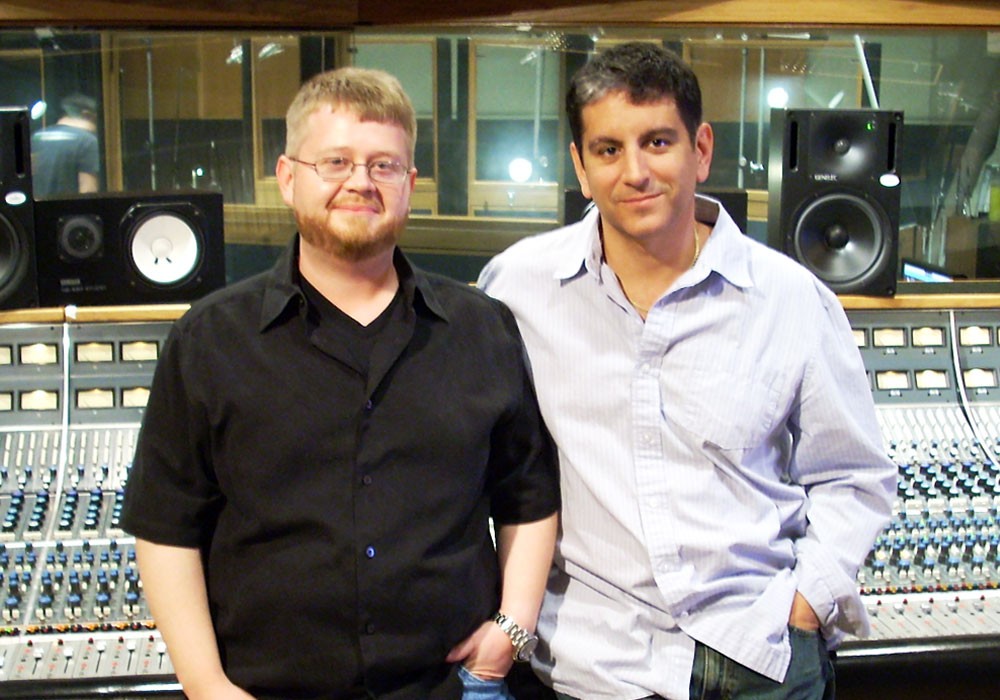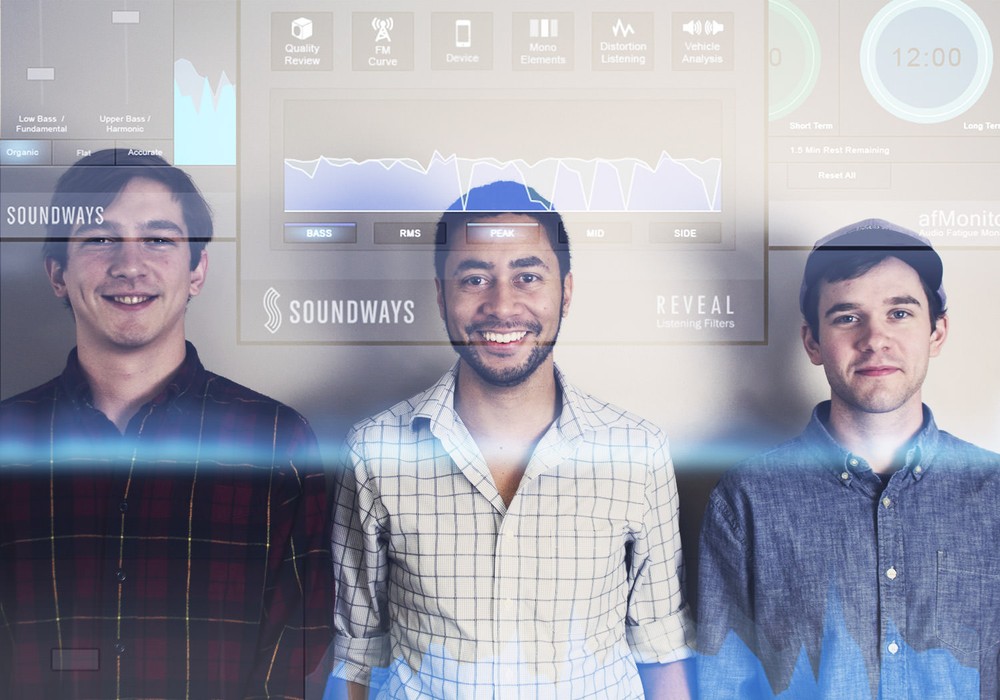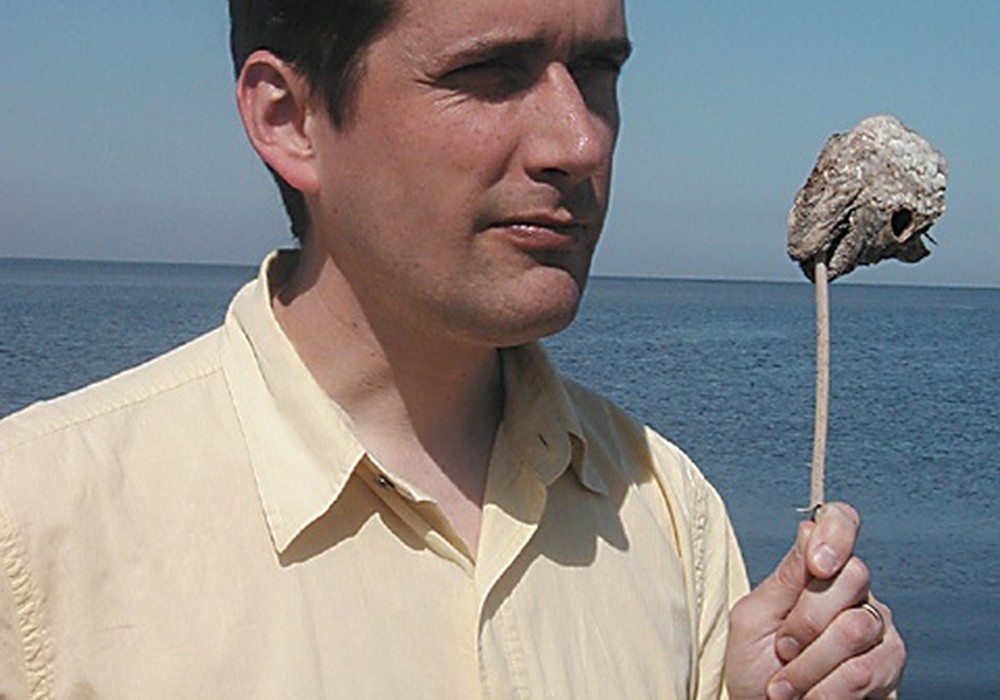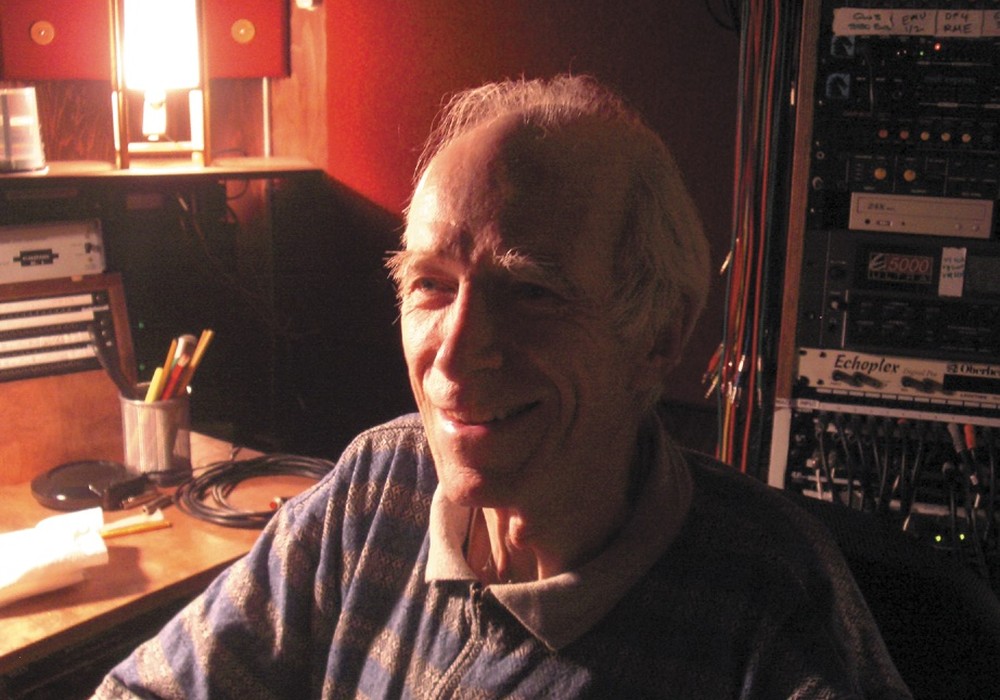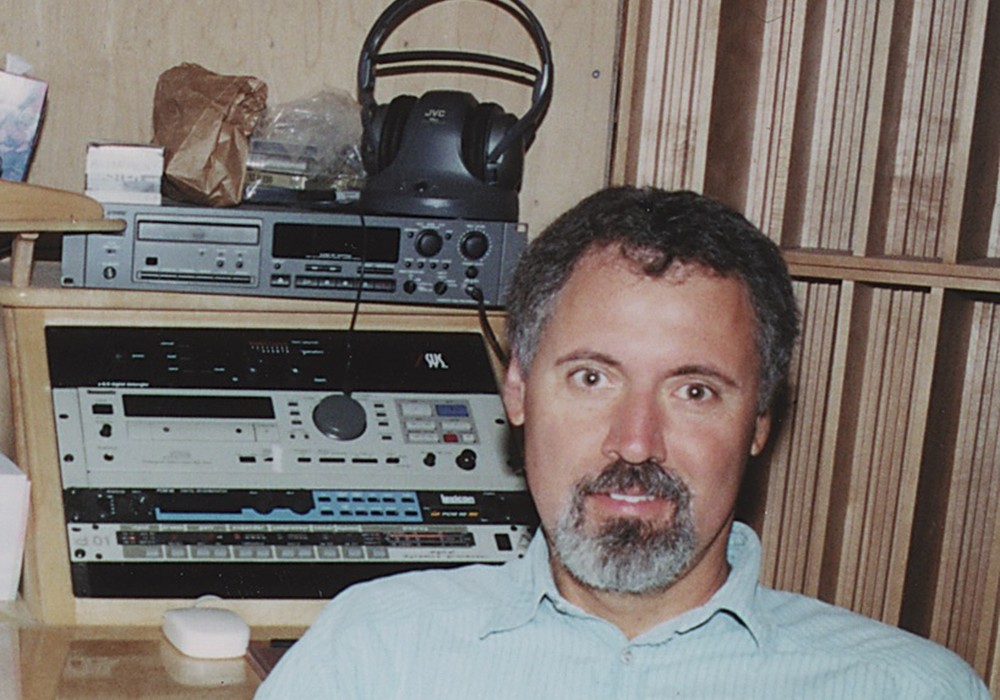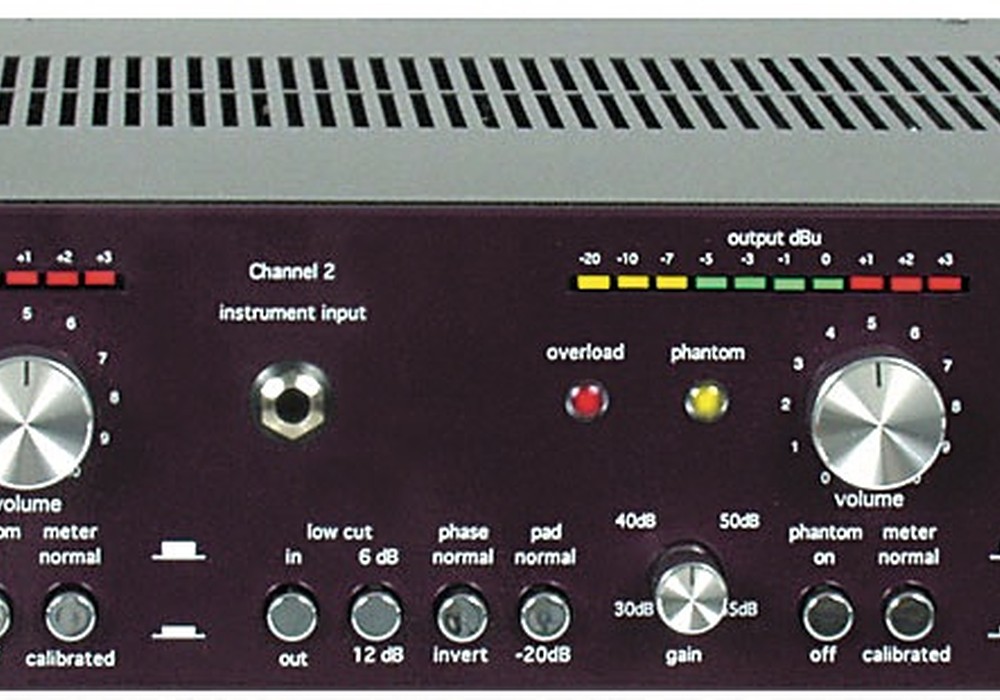Ableton Live is a program that has long been hard to define — is it a DAW, is it a DJ-centric program, is it a tweaker's toolbox or is it all (or none) of the above? A recent major update, Live 8, has brought more tweaks that bring it in line with a DAW while still retaining the features that set it apart from other digital audio software. We talked to Ableton founder and CEO Gerhard Behles and managing director Dave Hill about Live and how it fits into a 21st century production palette.
Can you give me some background on how you first decided to develop Live?
GB: For one, it's not like I wrote this. I'm part of a lot of people who developed this. I guess the original ideas evolved from how it always goes — a musician's need and that need not being fulfilled by anything that you can get a hold of. We were fortunate to be in a time and place where it was possible to attract financing and set up a business.
Did you first develop it as a performance instrument or as a sequencer? Or a little bit of both?
GB: The honest story is that it was always meant to be everything a musician should need. That was the scope of it from the beginning. It was a little megalomaniac, I guess, but we just sat down with — we're around the corner from a situation where a computer is going to be so powerful that it can run all the processing next to all the UI, next to all the control and everything that you would need to run a full-blown studio — everything a studio does today. Once we are there, what is the musician going to want to be working like? It's a whole different paradigm. In the classic studio situation legacy from the '50s, '60s, '70s and so on, the studio is the place you go to produce. You have your song done and you come to the place. It's all in your head and you've practiced and the whole band is tuned in. Then you spend the shortest time you can in the studio, because it's an expensive place to rent to get that down onto tape. Once you have a machine that you don't pay rent for — it's with you all the time — you're going to have so many different applications than just a recording of a song that's already done. You're going to want it to do something for you when you're trying to come up with an idea for a song. Plus, beyond the production, you're going to want the computer to help you with your stage performance and your playing out. We thought, "We need to conceive of an environment that makes sense through all these different steps in the process and that connects them." Also so that it's not, "We're going to have to play out tonight. That means we need to get our heads into a new tool, repurpose what we have in some way so we can deliver this to an audience." It should really be one environment that connects all these different angles of the process. I guess the performance aspect of it was what caught people initially — because that was just the most glaring [product] deficit at the time. There was just no other way you could do it at all. You needed to schlep a whole lot of gear to a venue to play. Most people said, "Now that's a fix for a very obvious problem that I have." I guess that got a lot traction in the beginning, but it turned out most people use it for creation more than performance.
I often turn to Live when I need something that I'm unable to attain using my more conventional options, such as Logic or Pro Tools.
DH: That is a good reputation to have. Live certainly can appeal to the person who likes to tweak — the artist or musician who likes to get deep inside things — but I think what is maybe even more wonderful is the fact that it can appeal to the novice and the person just getting into making music on the computer. I travel around the world and I meet Ableton users and they're all so different. It's all over the place. There are a lot of people making electronic music, but one guy is DJ'ing only and one guy is using it for film music and getting cues together. Then you meet a theater person and they're using it only in theater applications. You have folks out...
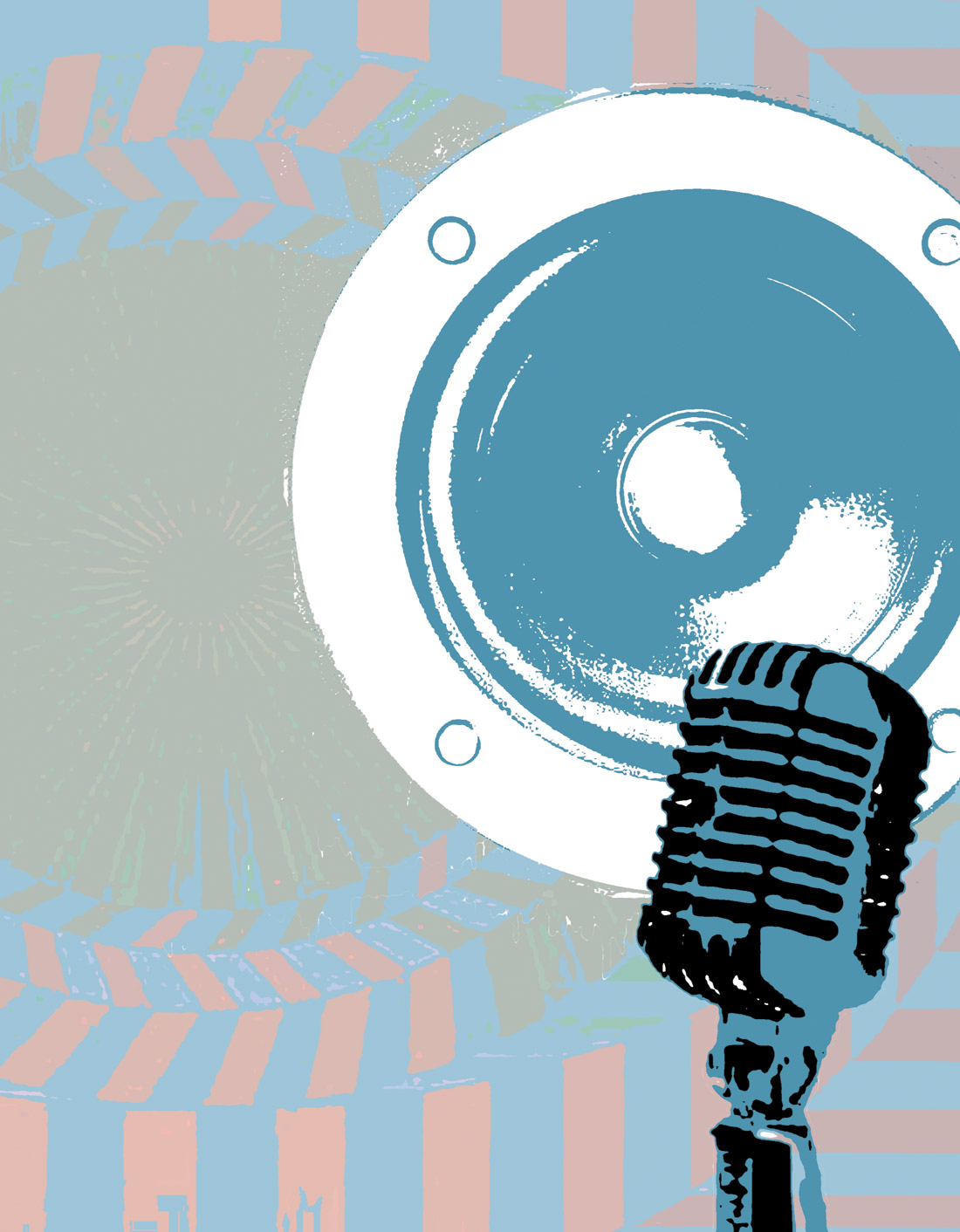

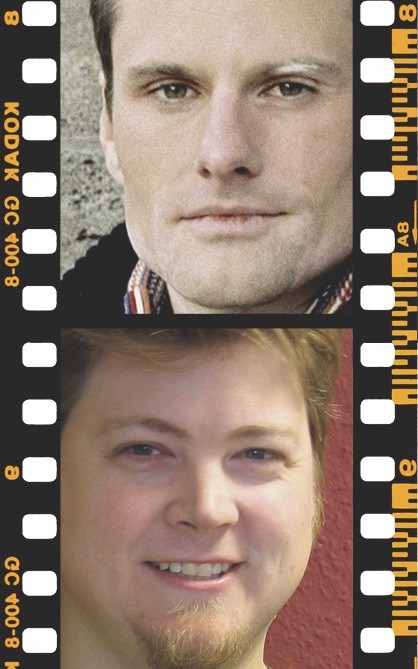
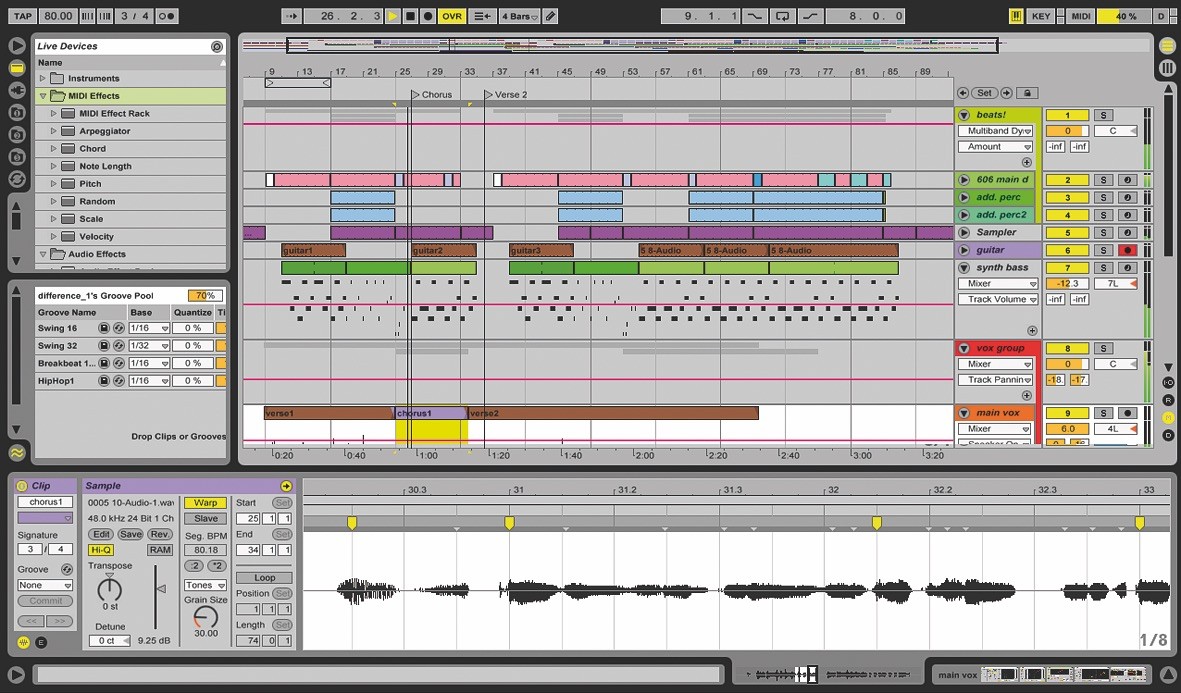


_disp_horizontal_bw.jpg)
